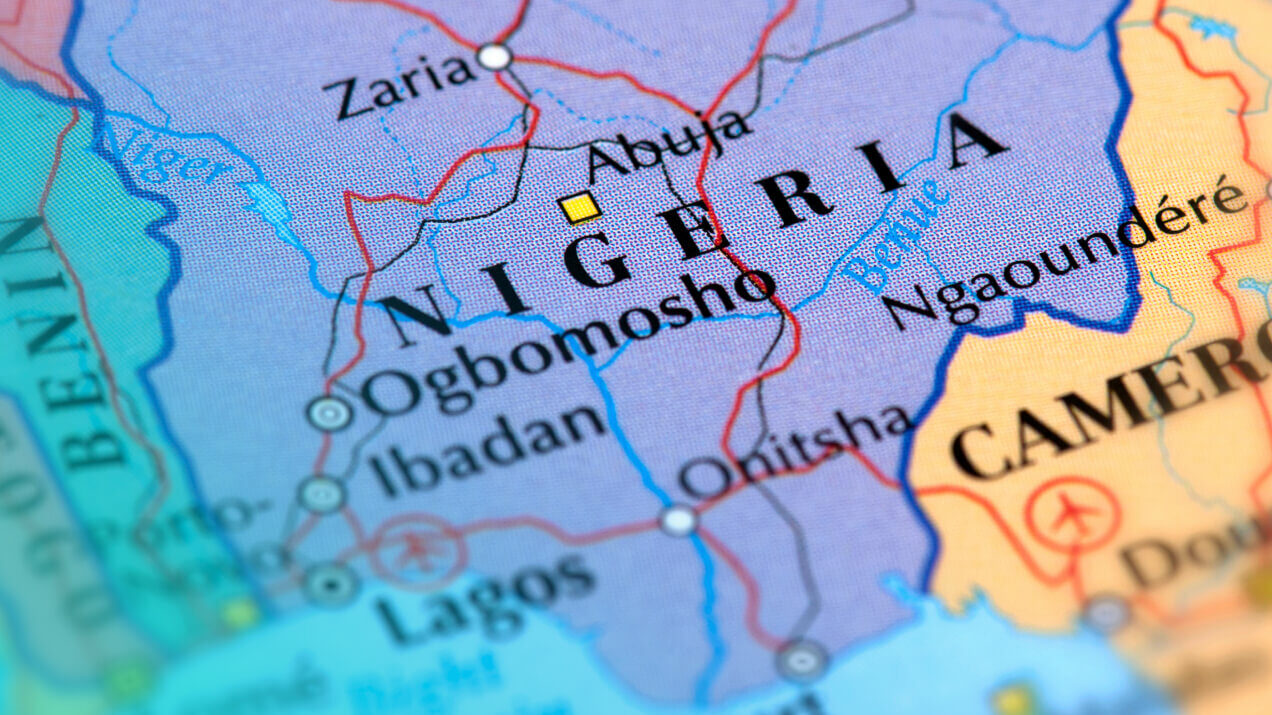The internet has simplified communication and eradicated distance; however, it has also brought its own challenges. While the generation of remote income has expanded to continents where companies have neither presence nor jurisdiction, the controversy of digital taxation has risen on the opposing side.
Solving this problem would require serious agreement and negotiations, such as the October 2021 Agreement, reached by 136 members of the Organization for Economic Cooperation and Development/G20 Inclusive Framework (OECD/G20 IF) on Base Erosion and Profit Shifting (BEPS). This multilateral agreement on digital taxation introduces a global minimum tax rate for MNES/NRCs and recognizes the allocation of taxing rights to market jurisdictions.
Although most OECD/G20 IF member countries have accepted the Agreement, Nigeria and Kenya, both member nations, have declined to sign the multilateral agreement on the taxation of digital economy, signifying that there are certain provisions within the Agreement which Nigeria and her allies disagree with.
This newsletter exposes both sides of the argument and deduces the most probable solution for the country and its businesses.



